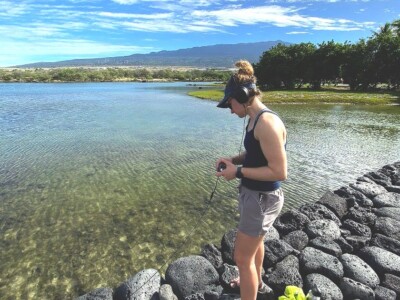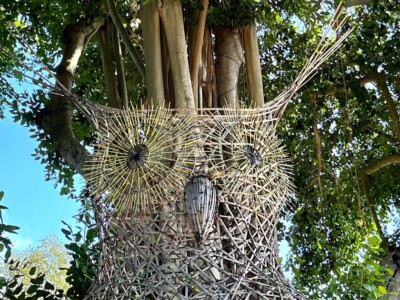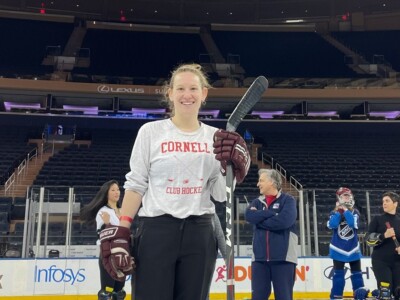Valisha Graves ’85 and John R. Toohey-Morales ’84 are the two newest alumni-elected members of the Cornell University Board of Trustees. Here, they tell us what their focus will be, and what they’re most looking forward to as their first year of service begins.
What is your primary focus in your first year as a trustee?
Valisha: My primary focus is to get a solid understanding of how the university operates, and getting to know and learning from the other trustees. One area that I’ve given some thought to is to challenge conventional wisdom. I want to challenge my own preconceived assumptions based on my past alumni volunteer experience, and also challenge widely-held assumptions about the role and model for 21st century higher education. My aim is to listen, be intentional in my interactions, and leverage the collective wisdom and knowledge of President Pollack, her leadership team, and current and emeriti trustees.
John: I will get to attend meetings for every single committee of the Board of Trustees. That means a lot of reading in preparation for each committee meeting, and an opportunity to learn as much as I can at each in-person or virtual gathering. By the end of the first year, I will have learned which group of committees are best suited for my skill set. My small contribution will serve the larger collective in the immense task of guiding our beloved institution.
What part of your service do you expect will be the most challenging and the most rewarding?
Valisha: The most challenging aspect will be identifying the areas where I can add the most value and make a meaningful contribution. I don’t want to spread myself too thin and I also want to be open to exploring areas where I may not have a depth of experience, but can bring fresh ideas and lead. This will require me to dig into the details of the various committees and determine the highest and best use of my skills and talents. The most rewarding aspect will be seeing the board in action and how it advances the university’s mission of learning, discovery, and engagement.
John: Cornell is, in my opinion, the one institution among the elites in which practical applications of research and innovation really translate into benefits to our society. It’s where the rubber meets the road! If, as part of my service on the board, I can contribute to Cornell becoming the shining beacon to help people see the value of higher education as it impacts their communities and pocketbook, then that would be my most rewarding accomplishment.
How has your past experience with Cornell helped you prepare for this role?
Valisha: My long-standing service as an alumni volunteer helped prepare me for my role as trustee, specifically the Cornell Alumni Admissions Ambassador Network (CAAAN), Cornell University Council Administrative Board, and the President’s Council of Cornell Women (PCCW). My involvement helped me understand Cornell through the lens of both potential and highly-engaged current alumni. CAAAN ambassadors meet prospective students and learn why some students choose to apply to our alma mater. As a member of council, I connected with active alumni and also understood their why. And, as the past chair of PCCW, which has been in existence for over three decades, I was able to work alongside our very talented members and set forth a new set of imperatives driven by the needs and desires of this group to benefit members and the university.
John: I’ve been lucky to have had a broad set of experiences as a Cornell volunteer. From local involvement with CAAAN and regional Cornell clubs, to the class level as president of my Class of 1984, to college involvement at the College of Agriculture and Life Sciences Advisory Board—all of these have been formative in preparing for my new role as trustee.
What excites you about the future of Cornell?
Valisha: As the youngest institution in the Ivy League, Cornell is a truly unique university with top colleges that compete head to head with institutions with much longer legacies. This unique positioning has emboldened President Pollack and the Board of Trustees to think outside the box and undertake what some may consider bold endeavors—such as Cornell Tech and the new Jeb E. Brooks School of Public Policy—to further the Cornell mission of “… any person … any study.” These strategic decisions, in addition to other efforts related to academics, facilities, etc., make me very excited and energized about Cornell’s future.
John: Ezra Cornell’s vision led to the most egalitarian of all the elite universities in this country. A short walk through a Cornell quad on any school day provides quick proof that, indeed, we provide instruction to “any person.” Even while facing headwinds, Cornell is still best positioned to perpetuate “… any person … any study.” Diversity, equity, and inclusion are strong suits, not hindrances. The Board of Trustees is going to ensure that our alma mater’s mantra will still represent our student body. I’m excited by Cornell’s commitment to these values.





